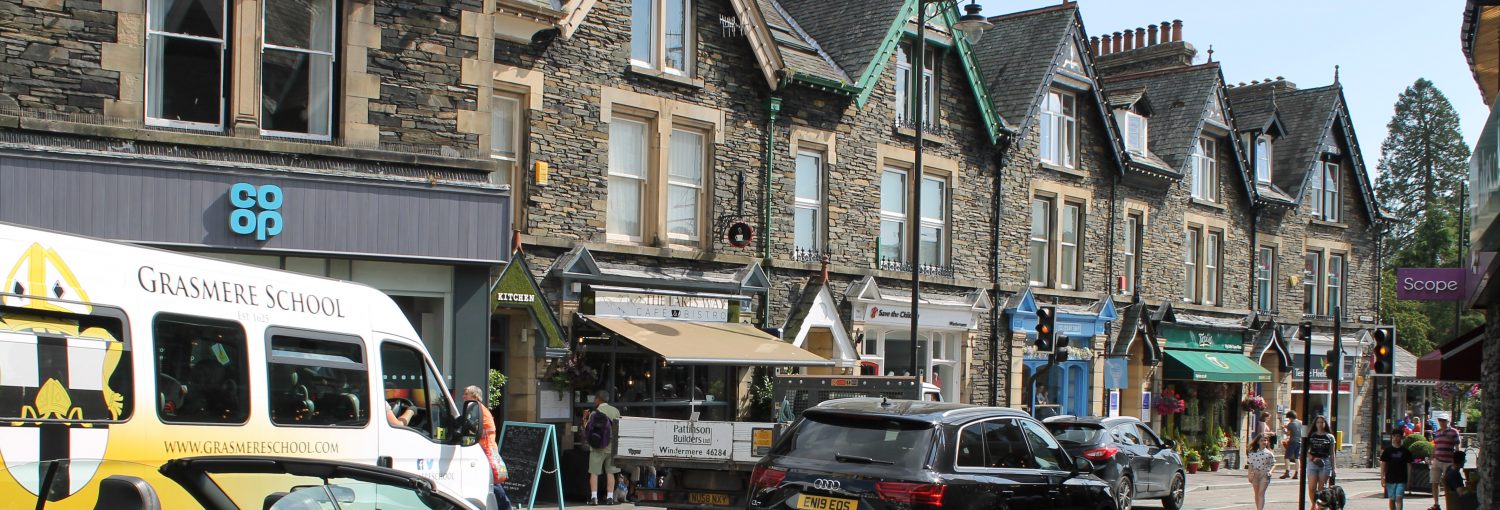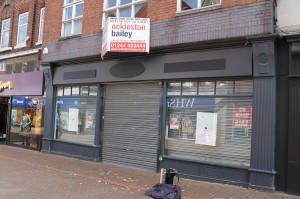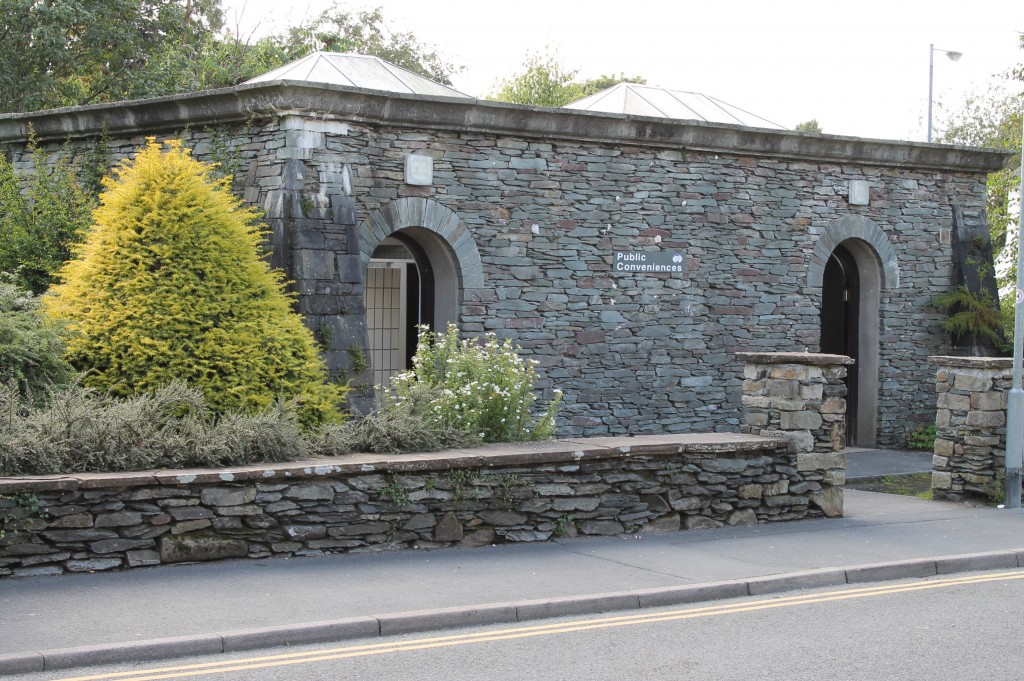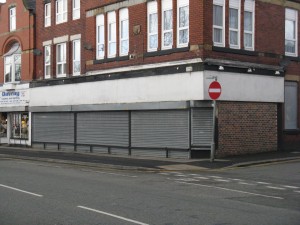Tesco Beauty Expansion threat to High Street
 A pilot project by Tesco to run in-store hair and beauty salons has been described by small-business groups as a further threat to independent retailers, many who are already struggling to survive.
A pilot project by Tesco to run in-store hair and beauty salons has been described by small-business groups as a further threat to independent retailers, many who are already struggling to survive.
The project will see the ‘Regis Salons’ chain offering “luxury at great Tesco prices” in Tesco Extra stores in eight towns and cities in England and Wales.
Concern is being expressed by trade bodies that the development could force further small shop closures on our High Street with customers being attracted away from their traditional hair and beauty treatment providers.
The hair and beauty sector has to date avoided facing the challenges created by the continuing development of product and service diversity being driven by the supermarket chains and, for some, it has been surprising that the hair and beauty sector has not been targeted previously.
For more information click here.
For an up to date review of the impact of the new in store facility in Horwich read the article carried in The Bolton News on the 29th October
Regis Salons are part of the Regis Corporation which owns and operates over 400 salons in the United Kingdom, including brands such as Regis, Supercuts and Sassoon Salon.
In addition, Regis maintains an ownership interest in Provalliance, which operates salons primarily in Europe, under the brands of Jean Louis David, Franck Provost and Saint Algue.




